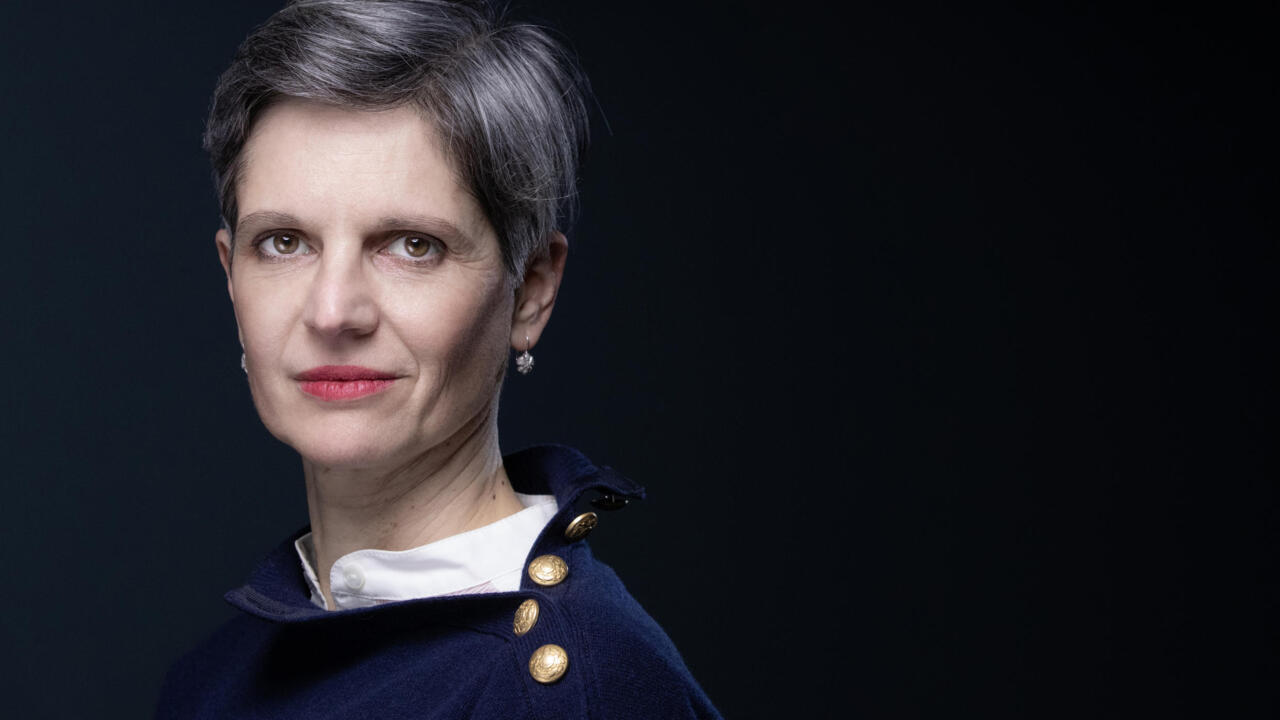Paris (AFP)
The former number 2 of EELV Sandrine Rousseau, candidate for the environmentalist primary of September for the presidential election, wants to "disrupt" the plans of Yannick Jadot and Eric Piolle, his probable adversaries, by carrying "an environmental radicalism", a-t -she declared Thursday to AFP.
Ms. Rousseau, who was deputy national secretary of the party and regional candidate in Île-de-France in 2015, is currently the only officially declared candidate for the primary of the environmental pole.
But the numerous media interventions by MEP Yannick Jadot and the mayor of Grenoble Eric Piolle leave little doubt about their intentions.
"They had a plan in mind that I disrupted" at the end of 2020, Sandrine Rousseau told AFP, before her press conference Thursday.
His candidacy is partly motivated by "a message to send to victims of sexual violence: their journey does not stop when they decide to denounce them," she added.
She was referring to the accusations of sexual assault and harassment that she and several women of the party had formulated against the former deputy for Paris, Denis Baupin, in the press in 2016. The case, prescribed, had been dismissed, but a defamation lawsuit brought by Denis Baupin in April 2019 resulted in his conviction for abusive proceedings.
"Now is the time for women politicians," said Ms. Rousseau, researcher in environmental economics, specialist in precariousness, currently vice-president of the University of Lille in charge of student life.
Sandrine Rousseau also judged to stand out from her future adversaries by carrying "an environmental radicalism": "one can be sincere on the situation with the French because one cannot continue like that".
She cited, for example, the "unfiltered" resumption of the proposals of the Citizens' Convention on the Climate, "a carbon taxation of companies" partially replacing production taxes or even policies promoting urban agriculture and biodiversity and not subsidizing more polluting activities.
The candidate warned: "There will be no ecological transition without a strong state, which intervenes", in particular via taxation, which currently relates "too much to work".
In addition, according to her, the looming social crisis requires experimentation with the reduction of working hours.
© 2021 AFP

